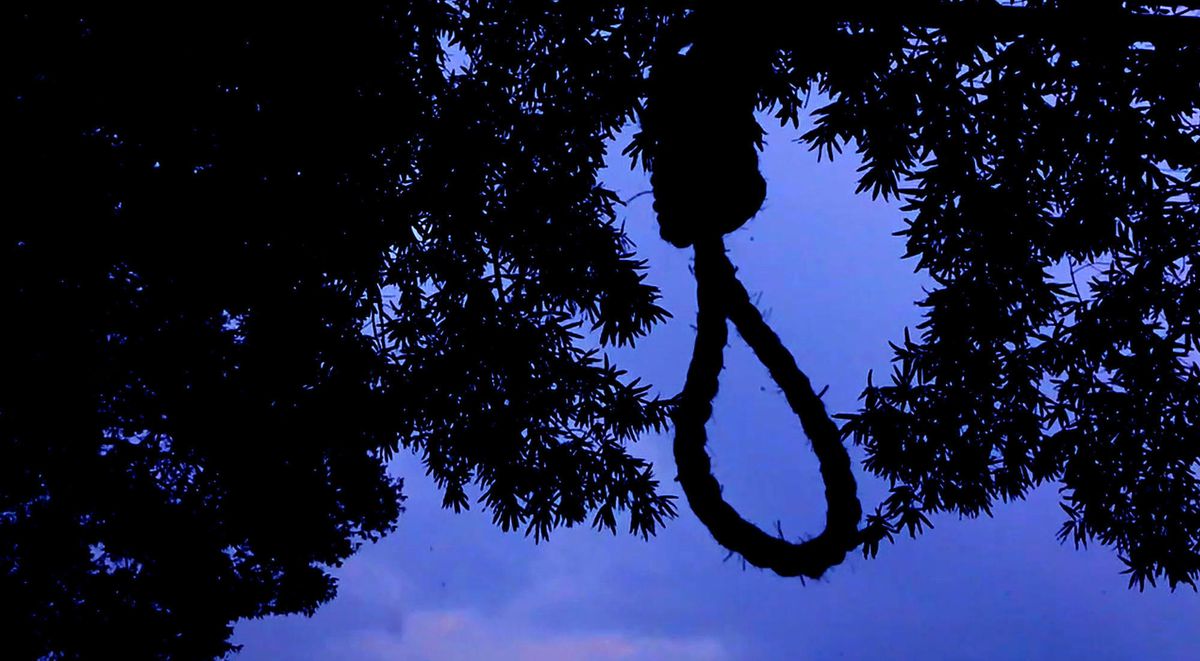Lynching Never Left Mississippi Finds Washington Post Report
Racists still use the antebellum murder tactic at their whim.


Noose/Photo courtesy of Baltimore Sun
Lynching was a common ante- and postbellum method of homicide against Black people. According to a new report by The Washington Post, the practice never ended, especially in Mississippi. Authorities, who often shrug these types of death off as suicide, have inadvertently made a case for the necessity of an anti-lynching bill.
According to court records, at least eight lynchings of Black men in teens in Mississippi since 2000. However, attorney Jill Collen Jefferson highlighted that these events are often overlooked or mislabeled as something else.
“The last recorded lynching in the United States was in 1981,” Jefferson said.
Jefferson’s hometown of Jones County, Mississippi, was known as the Ku Klux Klan activity hub during the civil rights movement. She knows full well that lynching activity has carried on. The only difference is that racists’ affinity to taking proud photos of the murders they committed has markedly decreased.
“The evil bastards just stopped taking photographs and passing them around like baseball cards,” Jefferson said.
In 2017, the Harvard-trained lawyer and Julian Bond-trained investigator decided to compile records of Black people found hanging or mutilated across the country.
In 2019, she zeroed in on Mississippi and found that in each case she investigated, law enforcement ruled the deaths a suicide despite families of the victims strongly believing that their loved one was lynched.
Congress has begun the process of getting an anti-lynching bill passed, but as with all things that benefit Black people, the bill keeps stalling. According to Congress’ website, the Emmett Till Anti-Lynching Act has been referred to the House Subcommittee on Crime, Terrorism and Homeland Security. That was in March. No movement has been reported since.
Along with the need for lynching deaths to be preserved is the need for law enforcement to really investigate why so many Black people are found dead by a method that has its roots in the oldest form of racism. A federal bill would arguably force law enforcement agencies, especially in lynching hotspots, to truly get to the bottom of these deaths.
For the sake of perspective, Jefferson found that the last suspected lynching in Mississippi took place on May 5, 2019.
Deondray Hopkins, 35, was found hanging from a tree on the bank of Luxapallila Creek. Police said it was not a homicide. The Justice Department declined to even comment on the case.